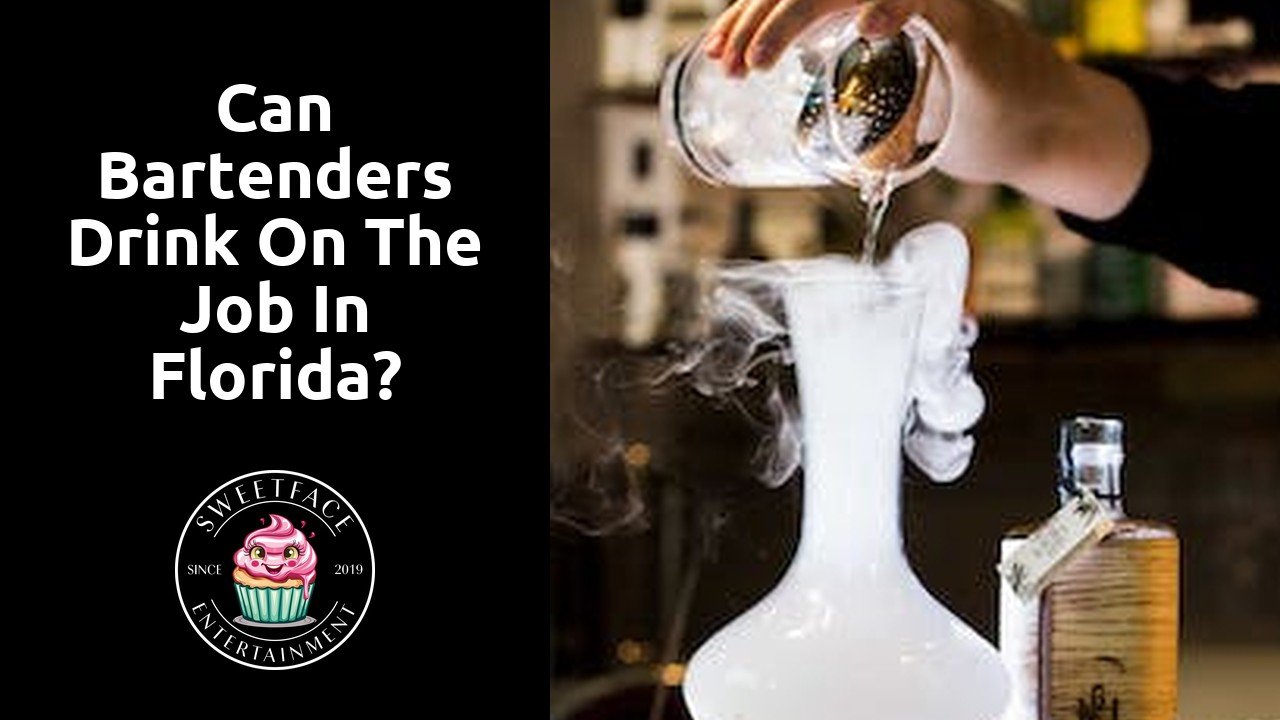Table Of Contents
Resources Available for Bartenders Struggling with Alcohol Use
Bartenders facing challenges with alcohol use in Florida have access to various resources aimed at supporting their well-being. Local organizations and support groups provide a safe space for bartenders to share their struggles and seek guidance from peers who understand the unique pressures of the bartending industry. These resources offer emotional support, advice on managing stress, and strategies for maintaining a healthy work-life balance while working in a bartending role. Additionally, counseling and therapy services tailored specifically for bartenders can help individuals address underlying issues contributing to their alcohol use and develop healthier coping mechanisms to navigate the demands of bartending profession.
For bartenders in Florida seeking assistance with alcohol-related concerns, reaching out to employee assistance programs (EAPs) offered by many establishments can be a valuable option. These programs are designed to provide confidential support and resources to employees facing personal or professional challenges, including issues related to alcohol use. By utilizing EAP services, bartenders can access counseling, treatment referrals, and other forms of assistance to address their alcohol-related struggles in a supportive and non-judgmental environment. Moreover, EAPs can facilitate connections to rehabilitation programs or specialized services that cater to individuals working in the bartending industry, promoting overall well-being and fostering a healthy relationship with alcohol within the bartending community.
Finding support and assistance
Bartending can be a demanding profession that exposes individuals to various challenges, including the temptation to drink while on the job. For bartenders in Florida who may be struggling with alcohol use, finding support and assistance is crucial in maintaining their well-being and effectively carrying out their duties. There are resources available to help bartenders navigate these difficulties and make informed decisions regarding alcohol consumption in the workplace. Seeking help is not a sign of weakness but a proactive step towards ensuring responsible bartending practices and personal health. By reaching out for support, bartenders can access guidance on managing alcohol-related issues and receive the necessary tools to maintain a safe and professional work environment.
Training Programs for Bartenders on Responsible Alcohol Service
Bartending requires a keen understanding of responsible alcohol service to ensure the safety and well-being of patrons. Training programs aimed at equipping bartenders with the necessary knowledge and skills play a crucial role in promoting responsible drinking practices. By participating in these programs, bartenders can develop a comprehensive understanding of alcohol consumption management, including how to identify and intervene in situations where patrons may be at risk of overconsumption.
Training programs for bartenders often cover topics such as preventing underage drinking, recognizing signs of intoxication, and implementing strategies to promote moderate alcohol consumption. These educational initiatives not only enhance the professionalism of bartenders but also contribute to creating a safer environment within bars and establishments. By arming bartenders with the tools to manage alcohol service responsibly, these programs play an essential role in fostering a culture of moderation and safety in the bartending industry.
Enhancing knowledge and skills in managing alcohol consumption
Training programs play a vital role in equipping bartenders with the necessary knowledge and skills to manage alcohol consumption effectively. With a focus on responsible alcohol service, these programs provide bartenders with essential information on identifying signs of intoxication, understanding legal obligations, and implementing strategies to prevent overconsumption. By enhancing their expertise in these areas, bartenders can better navigate challenging situations and ensure the safety and well-being of their patrons.
Moreover, ongoing education and training help bartenders stay abreast of current trends and best practices in alcohol service. By continuously updating their knowledge base, bartenders can refine their communication techniques, develop effective intervention strategies, and enhance their ability to promote responsible drinking habits among customers. Ultimately, these efforts not only benefit the establishment by reducing the risk of incidents but also contribute to creating a culture of moderation and safety in the bartending industry.
Strategies for Promoting Responsible Drinking in Bars
Bars play a crucial role in promoting responsible drinking among patrons. Bartenders have a significant influence on how much alcohol customers consume during their visit. Implementing strategies that focus on moderation and safety can help create a culture that encourages responsible alcohol consumption. Bartenders can actively monitor the behavior of customers, intervene when necessary, and promote alternative non-alcoholic drinks to patrons who may have reached their limits. By staying attentive and engaged with customers, bartenders can help prevent excessive drinking and promote a safe and enjoyable drinking environment. The key lies in effective communication, awareness, and a proactive approach to managing alcohol consumption in bars.
Creating a culture of moderation and safety
In the world of bartending, creating a culture of moderation and safety is paramount to ensuring the well-being of both patrons and staff. Establishing clear policies and procedures regarding alcohol service can help set the tone for responsible drinking practices within the establishment. By implementing guidelines on drink limits, monitoring customer behavior, and encouraging designated drivers, bartenders can play a crucial role in promoting safer drinking environments.
Moreover, fostering open communication between bartenders and patrons can further enhance the culture of moderation. Encouraging bartenders to engage in non-judgmental conversations with customers about their alcohol consumption, providing water between drinks, and offering alternative non-alcoholic beverages are effective strategies for promoting responsible drinking habits. By prioritizing safety and responsible alcohol service, bartenders can create an environment that values moderation and prioritizes the well-being of all individuals involved.
FAQS
Can bartenders drink on the job in Florida?
No, bartenders are not allowed to drink while on the job in Florida. It is against the law for bartenders to consume alcohol while working.
Are there any exceptions to the rule that bartenders cannot drink on the job in Florida?
There are no exceptions to this rule. Bartenders must adhere to the regulations that prohibit them from consuming alcohol during their shift.
What are the consequences for bartenders who drink on the job in Florida?
Bartenders who drink on the job in Florida can face serious consequences, including fines, license suspension, and even criminal charges. It is important for bartenders to strictly adhere to the regulations.
How can bartenders struggling with alcohol use find support and assistance?
Bartenders facing alcohol use issues can seek help from various resources such as support groups, counseling services, and addiction treatment centers. It’s vital to reach out for help when needed.
Are there any training programs available for bartenders on responsible alcohol service in Florida?
Yes, there are training programs specifically designed to enhance bartenders’ knowledge and skills in managing alcohol consumption responsibly. These programs help bartenders understand the importance of serving alcohol safely.
What strategies can bars implement to promote responsible drinking?
Bars can promote responsible drinking by creating a culture of moderation and safety. This can be achieved through staff training, offering non-alcoholic options, monitoring customer behavior, and intervening when necessary.
How can bartenders contribute to creating a safe drinking environment in bars?
Bartenders play a crucial role in promoting responsible drinking by monitoring customer behavior, refusing service to intoxicated individuals, and encouraging moderation. By being vigilant, bartenders can help create a safer environment for patrons.
Related Links
Bartending
Do I need a license to bartend in Florida?
Do you need a license to bartend in the US?
How long is bartending school in Florida?

